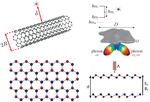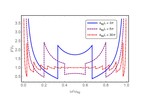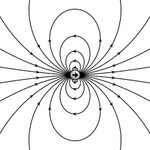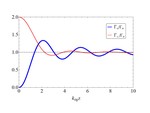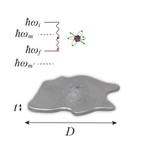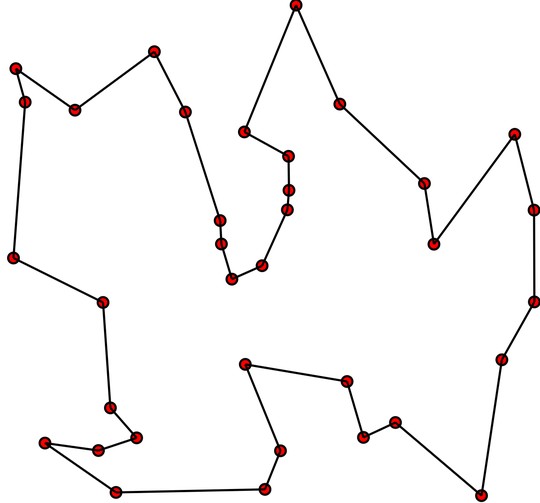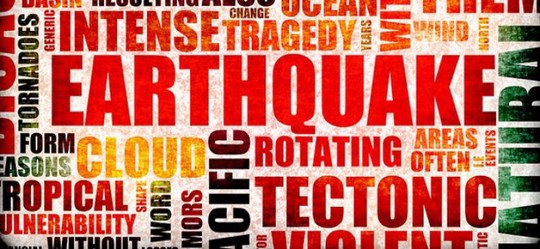Yuri Muniz
Data Scientist | PhD in Physics
Dell Technologies
About me
Hi, I'm a data scientist at Dell Technologies, where I work in projects that aim to improve pricing decisions with data analysis and statistical models. I also hold a PhD in physics from the Federal University of Rio de Janeiro (UFRJ), where I have studied light-matter interaction related phenomena. My main research areas were nano-optics, nanophotonics, plasmonics, and two-dimensional materials.
In my free time I enjoy playing video games (mostly RPGs and strategy games), listen to music (and learn a little bit), and also read about different topics. The purpose of this website is to make public some of my study materials in data science and the work I've done in physics. I believe that freely sharing your work online has great potential to help others, who may find value on the content you create.
Interests
- Physics and math
- Finance and economics
- Artificial Intelligence and causal inference
Education
-
PhD in Physics, 2022
Universidade Federal do Rio de Janeiro
-
Msc in Physics, 2018
Universidade Federal do Rio de Janeiro
-
Bsc in Physics, 2016
Universidade Federal do Rio de Janeiro
